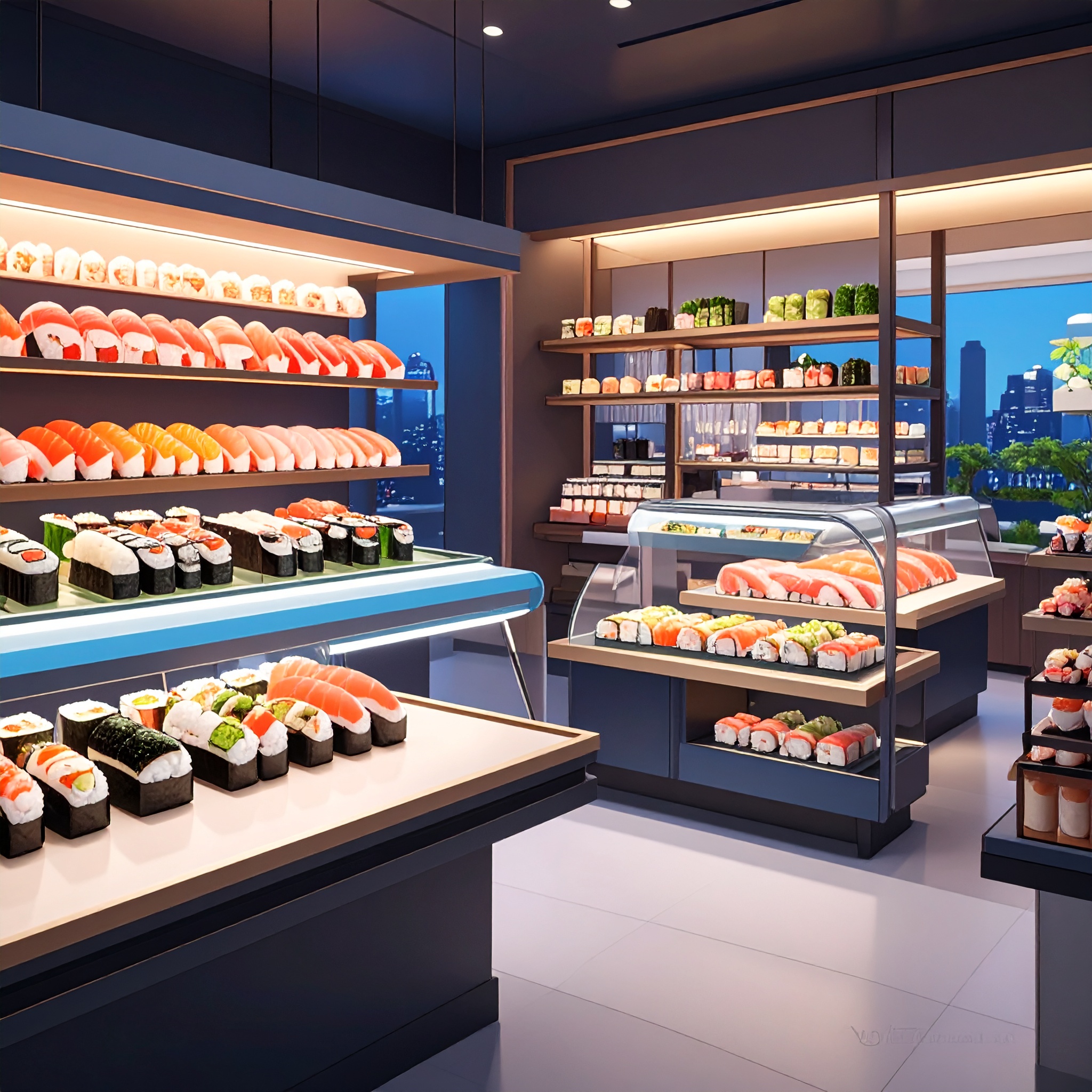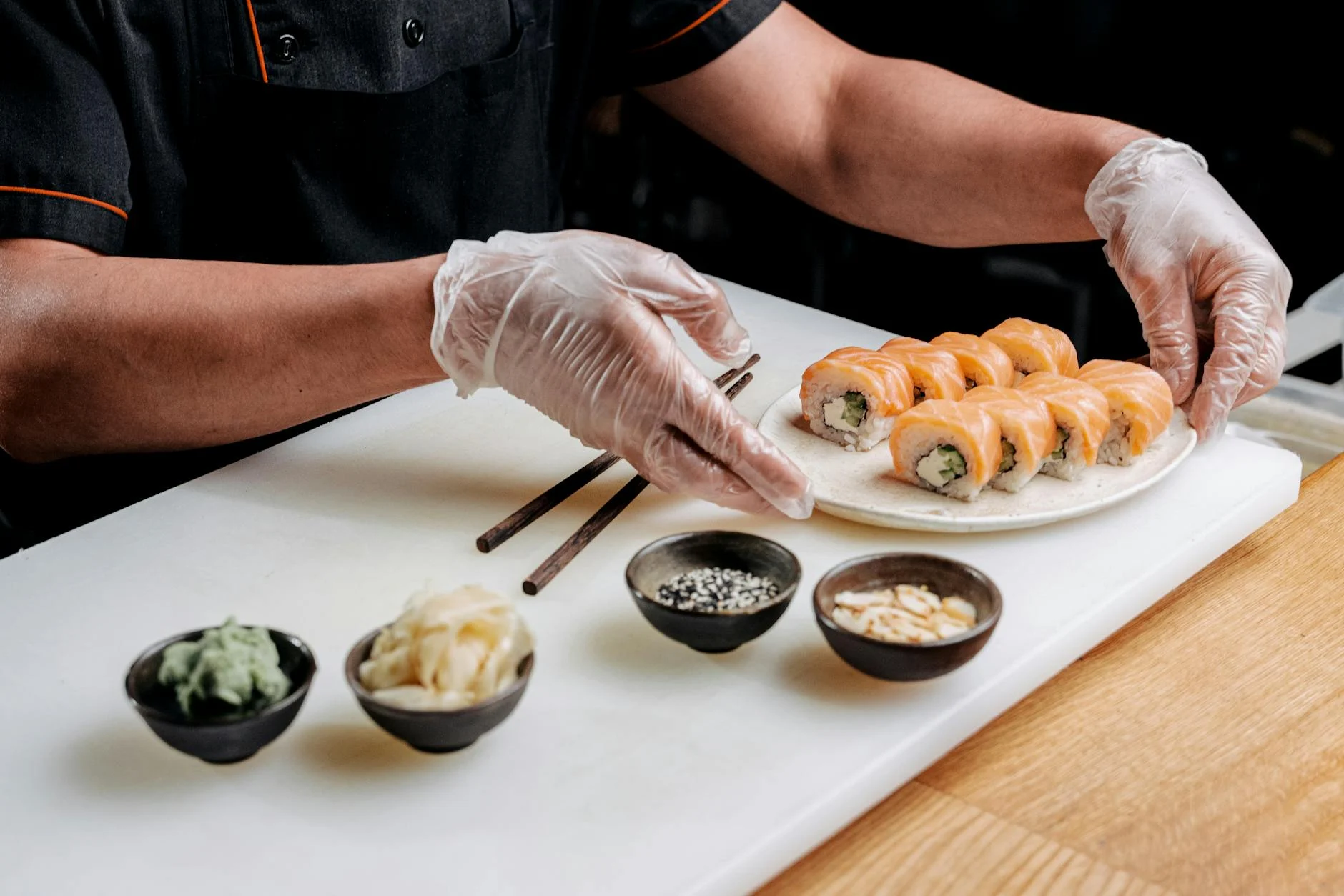“How is this level of quality only ¥30,000?”
That was the astonished reaction of a London-based investor after dining at a high-end sushi restaurant in Ginza.
From the pristine freshness of the fish, to the precision of each nigiri, to the serene elegance of the space—everything was flawless. And yet, the price felt almost implausibly fair.
When placed alongside the world’s leading gourmet capitals, Tokyo’s elite sushi offerings reveal themselves not as bargains—but as culinary miracles.
In this article, we explore the striking disparity between cost and experience, and why Tokyo has become the quiet epicenter of value-driven luxury dining for the global elite.
■ At the Same Price Point—What Sets the World’s Gourmet Capitals Apart?
| City | Luxury Sushi / French Cuisine Price Range | Remarks |
|---|---|---|
| Tokyo (Ginza) | ¥30,000–¥50,000 | Omakase courses prepared by master chefs, served directly at the counter |
| Hong Kong | ¥50,000–¥80,000 | Often features imported ingredients or Japan-inspired kaiseki |
| New York | ¥70,000–¥100,000 | Premium restaurants are reservation-only with high service charges and tips |
| Paris | ¥60,000–¥100,000 | Michelin-starred sushi led by Japanese chefs, rare and in high demand |
| Singapore | ¥40,000–¥70,000 | Franchise extensions of Tokyo establishments, reliant on imported seafood |
These numbers tell a clear story: Tokyo offers world-class craftsmanship and pristine ingredients—at the most accessible price point of any global dining capital.

■ Why Can Tokyo Deliver Authentic Luxury at This Price Point?
-
Geographic Advantage: With Toyosu Market as its hub, Tokyo maintains a nationwide network for rapid, same-day seafood delivery.
-
Craftsmanship Culture: In Tokyo, the meticulous skills of sushi chefs—honed through years of disciplined apprenticeship—are the norm.
-
Architectural Philosophy: Tokyo doesn’t inflate prices with excess decoration. Instead, it expresses luxury through silence, ritual, and the elegance of simplicity—from the curve of a ceramic dish to the posture of a server.
Together, these conditions create a culinary environment that is rare even on a global scale: a model where true quality meets thoughtful pricing, without compromise.
■ What Truly Resonates with the Affluent: The Essence of Tokyo’s Culinary Experience
-
A Multi-Sensory Encounter:
One piece of sushi—served in silence—has the power to shift the entire atmosphere. It speaks without words, yet it speaks deeply. -
Mastery of Time:
A two-hour omakase course is deliberately composed with moments of tension and release, designed as much for emotional rhythm as for flavor. -
The Aesthetics of Conversation:
In Tokyo’s finest establishments, chefs engage with diners at a precisely calibrated distance—neither overly familiar nor cold. The dialogue is restrained, purposeful, and refined. -
Luxury of Stillness:
Value lies not in background music or the number of staff, but in the ability to focus quietly—on taste, on texture, on being present.
For many high-net-worth individuals, Tokyo’s sushi experience is no longer seen as “just a meal”—It is a mental reset, a meditative ritual that nourishes both body and mind.

■ What the World’s Elite Are Saying: Why Tokyo’s Sushi Feels “Underpriced”
- Hong Kong Family (on holiday):
“To get this level of sushi in Hong Kong, we’d easily pay double—and even then, the ingredients are flown in from Tokyo. Honestly, it makes more sense to come straight to the source.” - Dubai-Based Investor (visits regularly):
“¥100,000 for sushi here doesn’t feel expensive. In fact, I feel like I’m paying for mastery—for people, not products.” - Los Angeles Entrepreneur:
“Michelin-starred sushi in New York is often overproduced. In Tokyo, they just serve the real thing—quietly, without theatrics. That’s what keeps me coming back.”
■ It’s Not About Being “Inexpensive”—It’s About Being Incomparably Valuable
Tokyo’s premium sushi is by no means “cheap.” But within its price category, it delivers an unrivaled density of craftsmanship and quiet elegance.
What global high-net-worth individuals are responding to isn’t just quality—It’s the deep sense of satisfaction and the emotional impact of precision.
Increasingly, traveling to Tokyo “just for the sushi” has become a lifestyle marker among the world’s most discerning clientele.




